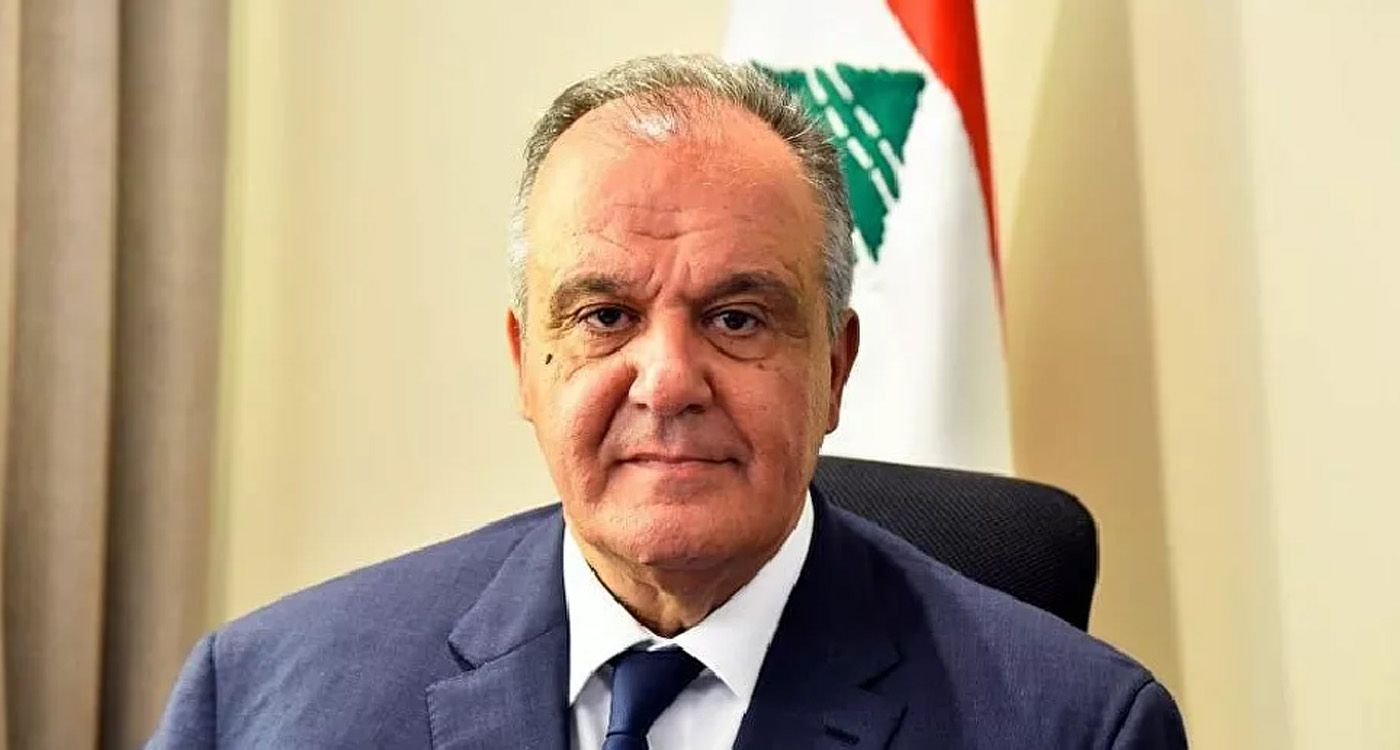
Former Minister of Industry and current MP Georges Bouchikian is facing corruption allegations and is the subject of a request to lift his parliamentary immunity. In response, a joint meeting of the Bureau of Parliament and the Parliamentary Committee on Administration and Justice was held on Friday morning at Ain el-Tineh.
The request, submitted on Tuesday by Public Prosecutor at the Court of Cassation Jamal Hajjar, was reviewed during the session. A subcommittee has since been formed and given a two-week deadline to submit a report on Bouchikian’s case to Parliament.
Notably, Bouchikian was scheduled to appear before the prosecutor on Wednesday as a “witness,” but he failed to do so, citing health reasons.
The accusations stem from an ongoing investigation into alleged corruption and extortion at the Ministry of Industry. According to preliminary findings, ministry officials are suspected of soliciting bribes from factory and industrial facility owners in exchange for operating licenses.
Bouchikian has been called to testify in relation to complaints filed against him and other ministry officials. While he is not formally a suspect at this stage, investigators aim to determine whether he was aware of the alleged acts, or played a direct or indirect role in them.
Lifting Parliamentary Immunity: A Legal Primer
To understand the procedure for lifting parliamentary immunity in Lebanon, one must refer to Articles 39 and 40 of the Lebanese Constitution, as well as Articles 90 to 98 of Parliament’s internal rules of procedure.
As explained by a legal expert consulted by This Is Beirut, parliamentary immunity is a matter of public law. It is not a personal privilege, but rather a mechanism designed to protect the legislative function and guarantee Parliament’s independence from the executive authorities. Immunity enables MPs to fulfill their duties without interference or pressure.
Thus, during both regular and extraordinary parliamentary sessions, MPs are shielded from criminal proceedings, arrest or detention, unless they are caught in flagrante delicto and Parliament formally agrees to lift immunity.
The process typically begins when the prosecutor or investigating judge submits a request to the Public Prosecutor at the Court of Cassation. The request must include the charges (in Bouchikian’s case: corruption), relevant articles of the Penal Code, the date and location of the alleged offense and a summary of supporting evidence — noting that investigations are confidential.
The request is then forwarded to the Minister of Justice, who submits a formal application to Speaker of Parliament Nabih Berri, attaching the prosecutor’s file.
The Speaker then convenes a joint session of the Bureau of Parliament and the Administration and Justice Committee, currently chaired by MP Georges Adwan. As was the case on Friday, the committee reviews the request and has two weeks to issue a report evaluating its legal soundness and legitimacy.
The committee must ensure the request is not procedurally flawed or politically motivated. If the report is completed on time, it is submitted to Parliament for a vote.
If the report is not submitted within the two-week period, the Speaker is required to call a plenary session of Parliament to vote on the matter, with or without the report.
Ultimately, it is up to Parliament, by a simple majority vote, to decide whether or not to lift the MP’s immunity.



Comments